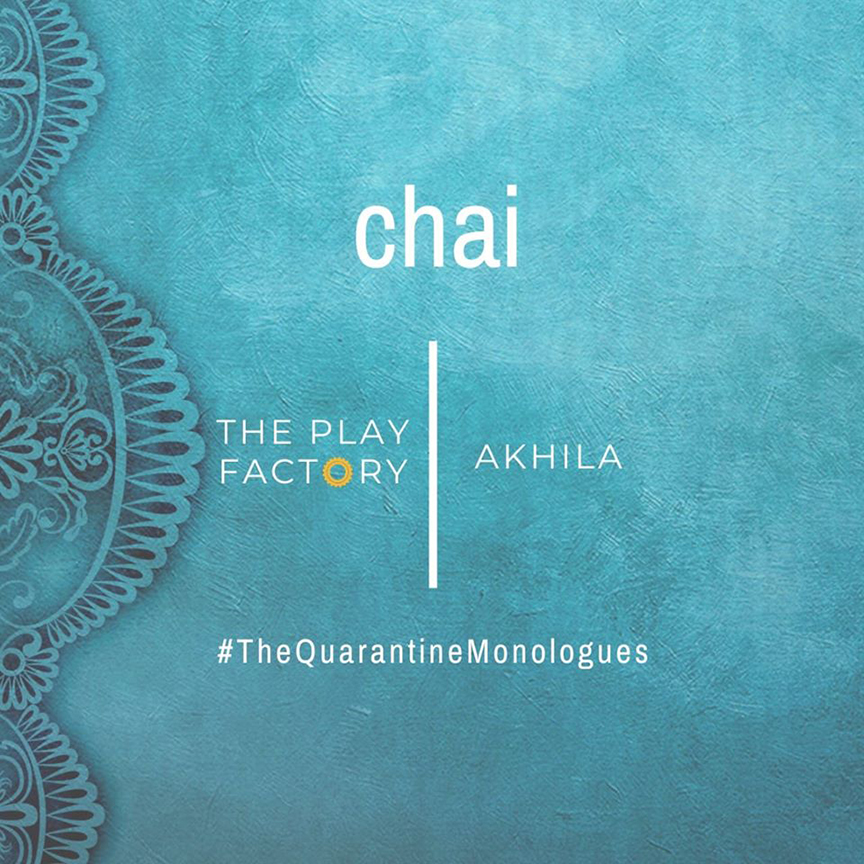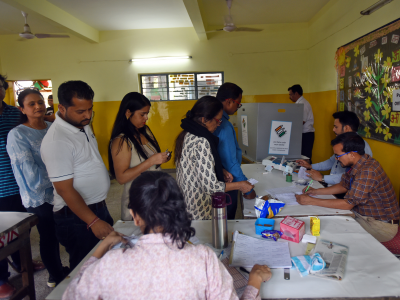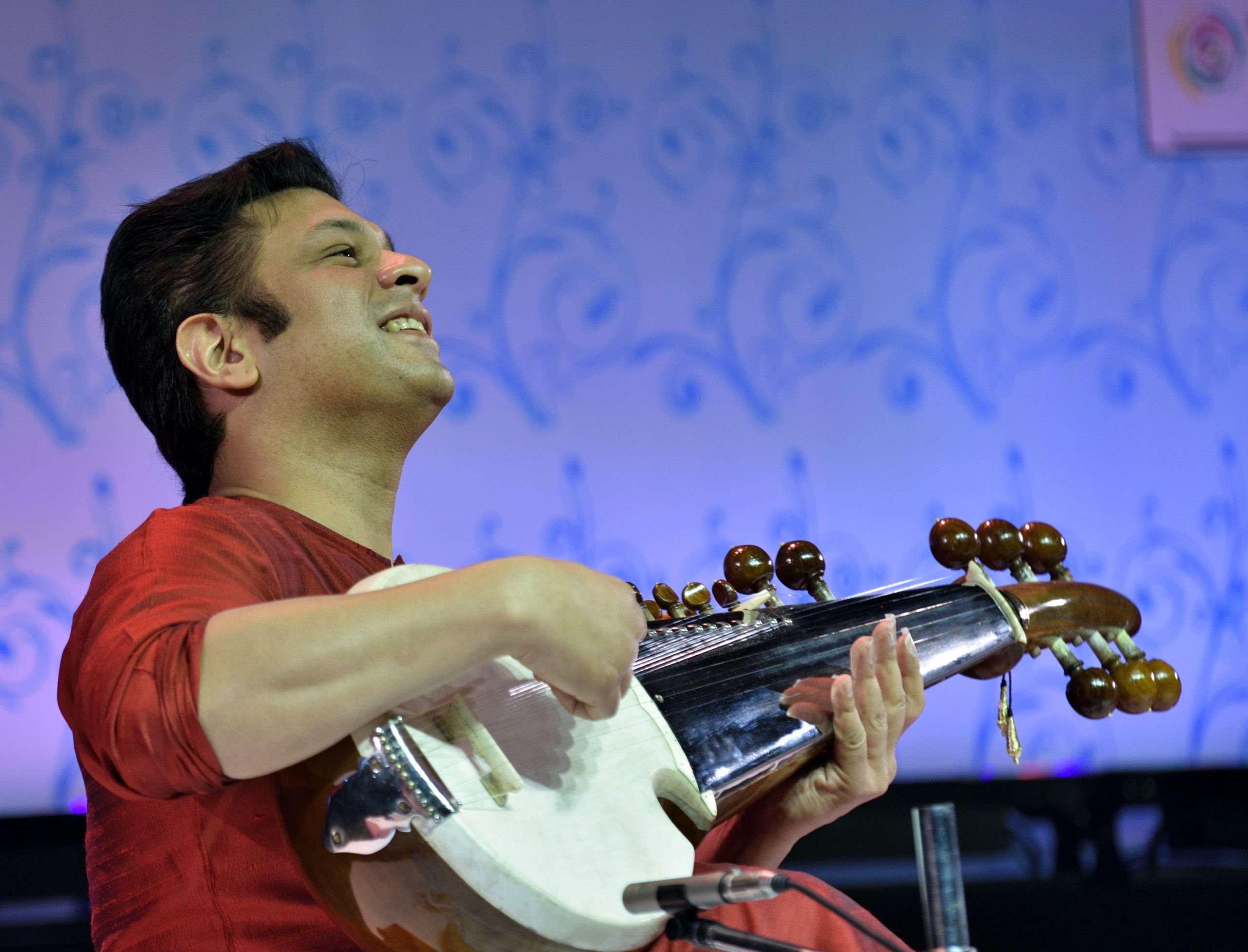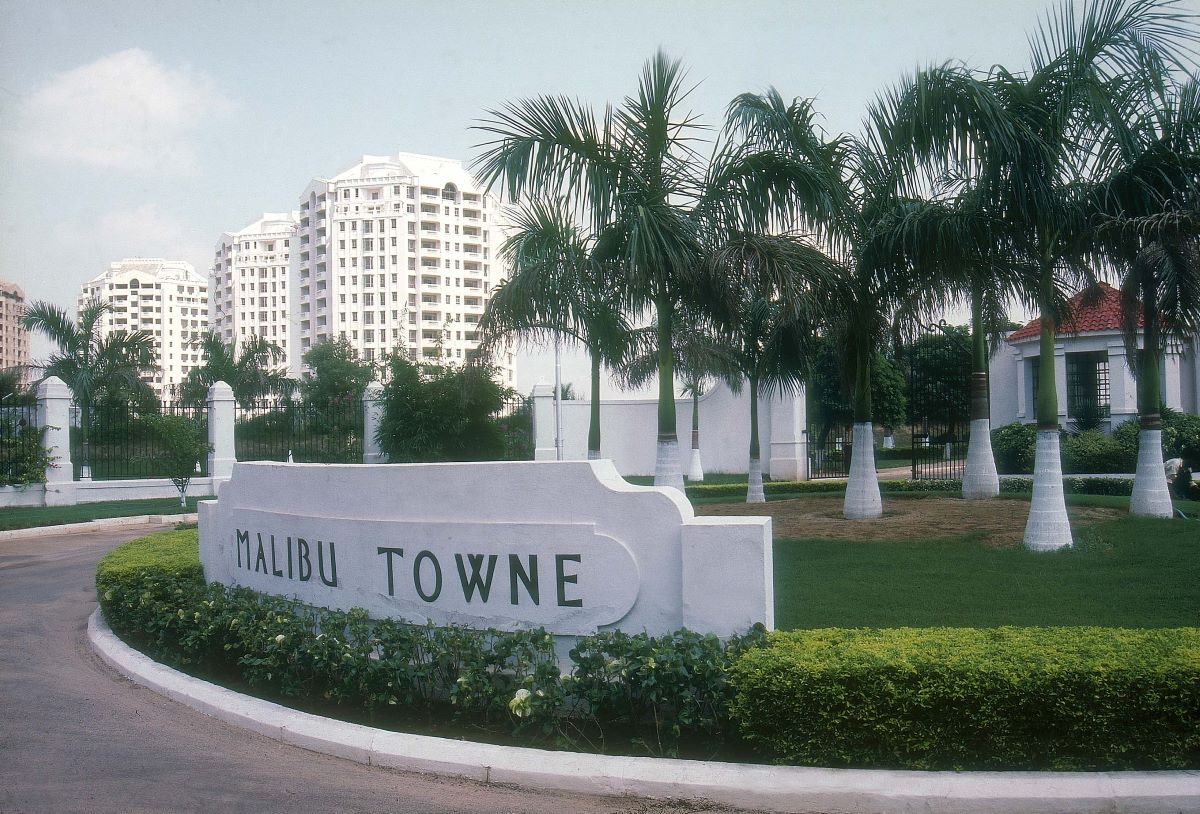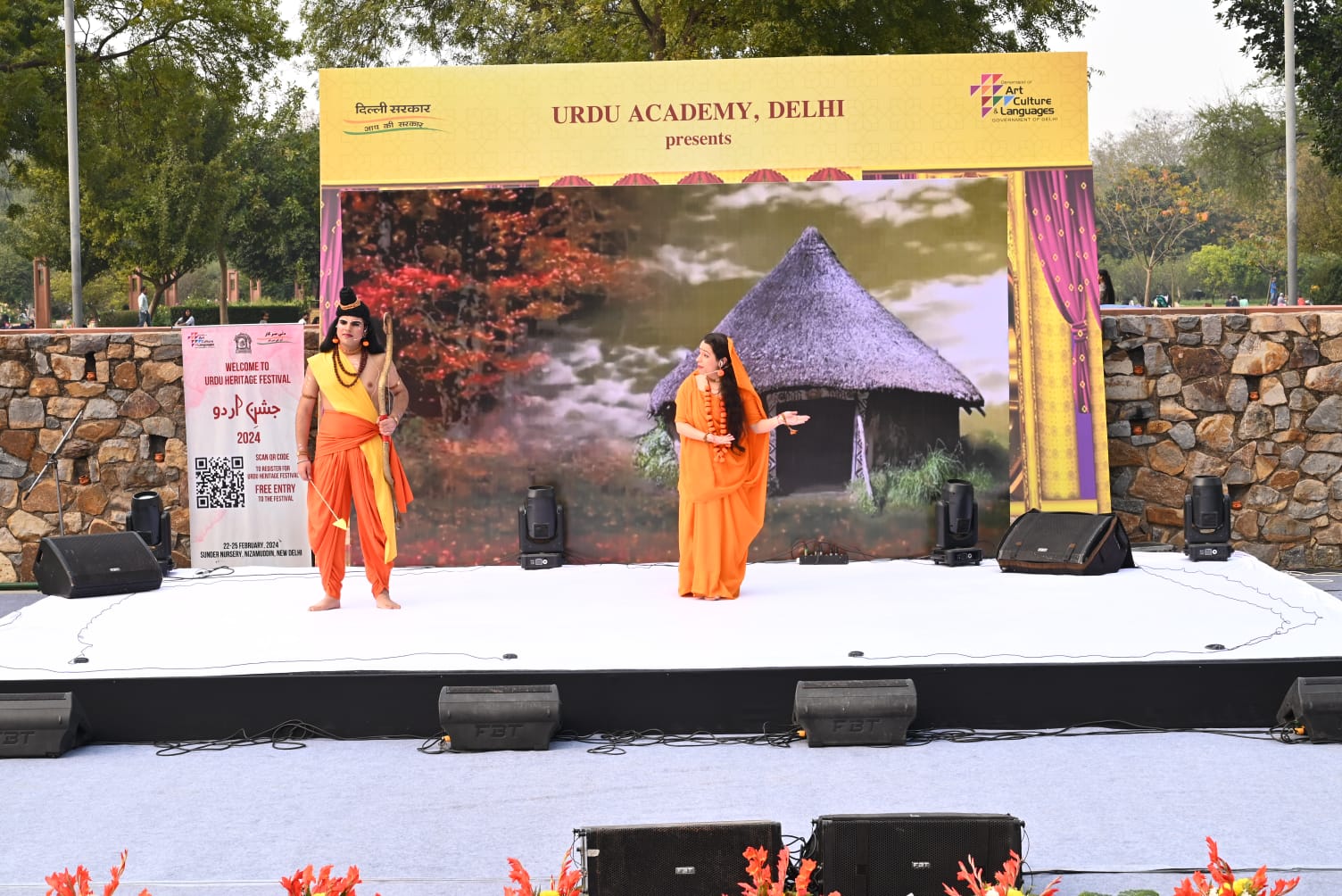Work from home – while the entire world is adapting to this new way of life, some are re-imagining themselves to keep their practice running, especially in the field of art
While Netflix, Hotstar are stealing the show, stage performers are being left behind. However, they are not stopping. Theatre practitioners are rethinking new ways to bring their art closer to us and now it’s just a click away.
Making the most of social media, theatre groups across the city are devising new steps to digitise themselves. Some are performing monologues, creating play reading clubs, while others are streaming recordings of their plays, perhaps reaching out to more than they did from the stage.
Delhi-based theatre group The Play Factory has been dedicatedly posting monologue performances on their Instagram page for three weeks now. Covering a wide range of subjects, these monologues are shot at home. Spanning not more than four minutes, these monologues will keep you hooked to the screen.
“I had this initial idea for a very long time, back in the days when IGTV wasn’t there, to take a camera and go to the actor’s houses and record them. But during this quarantine, we thought why not ask them to record themselves and send it across to us,” says Mohit Mukherjee, founder of The Play Factory.
He kicked off this initiative with a performance of his own and has been posting one performance a day thereafter. Maintaining regularity, however, is a challenge. Mukherjee approached a few of his friends from the industry and they were more than happy to send across their work. “Because if an actor does not have a project, how do they keep working on their craft,” he adds.
While you can record a monologue and send it across, you can also write to him if interested in performing and don’t have a piece of your own. You might be provided with a script. “I have also got in touch with a lot of writers because in order to generate these monologues I need some content as well. A lot of cross-collaboration has been happening.”
To many of these newcomers and beginners, Mukherjee tries and provides feedback as well. “Suddenly, all of us are talking about the craft, which usually does not happen. Usually, when doing a play, we discuss the lines, we hardly get the time to talk about the craft,” he adds.
In this genre, applied theatre group Theatre Resource is hosting online art conversations with eminent personalities from the field. They are also providing online courses on the basics of theatre performances. Their first online course on ‘Performance Writing’ saw the participation of 47 people from different parts of the country.
Mukherjee admits that they had not given much attention to their social media accounts before the lockdown but things have started looking up now. “The number of followers and engagements has increased. People are engaging through the comment section and looking forward to our next post.”
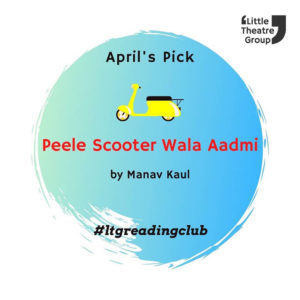
In this attempt to engage more people, one of Delhi’s oldest cultural institutions – Little Theater Group (LTG) — is devising new methods to interact with the audience virtually.
Launching a play reading club, the group is sharing a play at the beginning of the month and urging people to interact. “We are running a campaign to know more about playwrights, and keeping in touch through collaborative multiple-choice games on Instagram. We are also working on launching our website,” says LTG’s Aneesha Das.
Taking this virtual interaction forward, Black Box Okhla has come up with a new play after 10 days of virtually engaging over 200 audiences through online polls and questions. Titled ‘Tears of Jeenabad’ the play has been released on their website.
Not just new plays, Asmita Theatre Group, has started the world’s first ‘Quarantine Theater Festival’, where one can watch the recorded versions of iconic plays from home. They have also started the ‘Indian College Quarantine Theatre Festival’ wherein they screen entries from colleges across India.
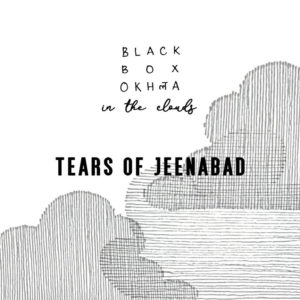
While theatre groups are trying to redefine themselves in the online space, “It is still a very untapped thing. The idea of sitting in a room and watching theatre online is still a very alien concept in this country,” adds Mukherjee.
Poetry on phones
“An act of faith in poetry in troubling times.” These were the evocative words of Arundhathi Subramaniam who inaugurated poetry readings with a reading of Rumi’s The Tent on 31 March.
Starting from that day till 14 April, right at 5:30 pm, Kitab Khana went live on its Instagram page, for poetry reading sessions. Titled ‘Poetry Live Instagram’ the reading was a joint initiative between the iconic Mumbai bookstore Kitab Khana and Indian Novels Collective — a non-profit network for the popularisation of classic novels from Indian languages.
With its brick-and-mortar avatar now shut, Kitab Khana decided to take the poetry reading sessions online. Curated by Ashwani Kumar, a poet himself and co-founder of Indian Novels Collective, the recently concluded season brought together 70 poets.
Performing live at festivals across the world, many poets have streamed live on a social media platform for the first time. “Though they were nervous in the beginning to experiment with Instagram, they soon picked up their rhythm,” recalls Kumar.
Not just readings, the sessions also saw conversations with poets about the effects of lockdown on poets especially ideas of solitude and social isolation.
While Kumar is planning on releasing an anthology of the poems from the first season, he is already flooded with requests to start the next season. Kumar feels it’s due to the confluences of languages in the poetry readings that made it so popular.
It’s the interactions that Kumar appreciates most on social media. “When we go for poetry readings, we are silent and the poet reads out, here we are reading and people are posting their comments at the same time.”
While the possibility of holding literature festivals this year seems unlikely, Kumar is certain that he will continue with the online poetry sessions even when the lockdown is lifted.

